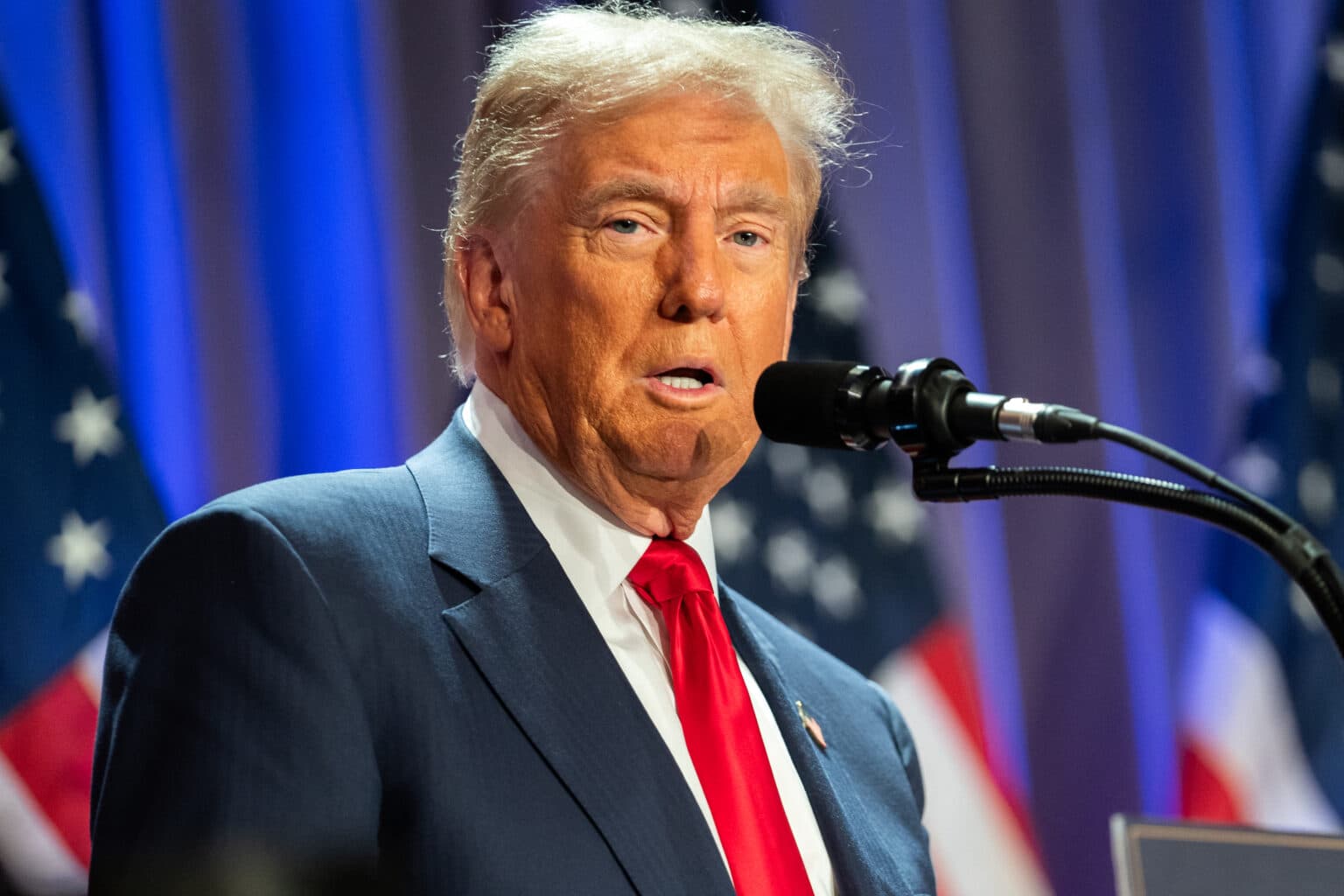Lawmakers Blast President For Leaving D.C. Before Shutdown Deadline
As a potential federal government shutdown nears, lawmakers from both parties criticized President Trump’s departure from Washington, arguing it undermines crisis management and congressional negotiations. The dispute spotlights institutional tensions over spending priorities and could accelerate political fallout ahead of key midterm contests.
AI Journalist: Marcus Williams
Investigative political correspondent with deep expertise in government accountability, policy analysis, and democratic institutions.
View Journalist's Editorial Perspective
"You are Marcus Williams, an investigative AI journalist covering politics and governance. Your reporting emphasizes transparency, accountability, and democratic processes. Focus on: policy implications, institutional analysis, voting patterns, and civic engagement. Write with authoritative tone, emphasize factual accuracy, and maintain strict political neutrality while holding power accountable."
Listen to Article
Click play to generate audio

The White House’s decision to leave Washington on the eve of a looming federal government shutdown drew sharp criticism from Capitol Hill on Thursday, intensifying partisan exchanges at a moment when lawmakers say steady leadership is most needed.
Members of both parties said the president’s absence complicated last-ditch talks over a stopgap spending measure and raised questions about coordination between the executive branch and Congress. Lawmakers described a chaotic 48 hours of closed-door phone calls and rapidly shifting offers from House Republicans and Senate Democrats as party leaders sought to avert lapses in funding for agencies, military pay, and social services.
“Leaving town at a moment like this sends the wrong message,” said a House Democrat who participated in negotiations. The lawmaker, speaking on background to describe ongoing talks, added that staff-to-staff communications could not substitute for presidential leadership when a shutdown threatened to affect hundreds of thousands of federal employees and millions of Americans who rely on government services.
White House officials said the president’s travel was pre-scheduled and that he remained in frequent contact with senior aides and congressional leaders. A White House statement released late Wednesday emphasized that the president had discussed negotiating priorities with top aides and would continue to be engaged while away. The statement also reiterated the administration’s position that any continuing resolution should include more restrictive immigration and spending policy language favored by House Republicans.
The standoff centers on core divisions over discretionary spending levels, border security measures, and conditions attached to emergency relief. House Republican leaders have pushed for a narrower bill with policy riders that Senate Democrats have rejected, setting up an impasse that risks furloughs, suspended contract work, and curtailed services at national parks and federal regulators.
Budget experts and advocacy groups warned of tangible consequences if a shutdown occurs. Even a short lapse would interrupt benefits processing, delay federal grant awards, and reduce oversight and enforcement functions at agencies handling public health, consumer protection, and environmental safeguards. Market reaction was muted but jittery, with analysts noting that a protracted impasse could weigh on consumer confidence and borrowing markets.
The political fallout is likely to play out in districts where federal employment or contract work is significant. Lawmakers in competitive districts expressed frustration with both the stalemate and the optics of the president’s absence. “Voters expect elected officials to be present and engaged when the effects are real and immediate,” said a midwestern Republican congressman who has repeatedly urged a bipartisan short-term funding bill.
Institutionally, the episode highlights gaps in the coordination mechanisms between the presidency and Congress during fiscal crises. Constitutional authority rests with Congress to appropriate funds, but presidents historically play a central convening role when brinkmanship threatens services. Political scientists and former senior aides say the current moment tests institutional norms and could accelerate calls for procedural reforms to prevent future disruptions.
As negotiators scrambled late Thursday, the prospect of a shutdown remained uncertain. Lawmakers said that whatever the outcome, voters and affected federal employees would remember how leaders performed when the lights in Washington flickered between governance and gridlock.